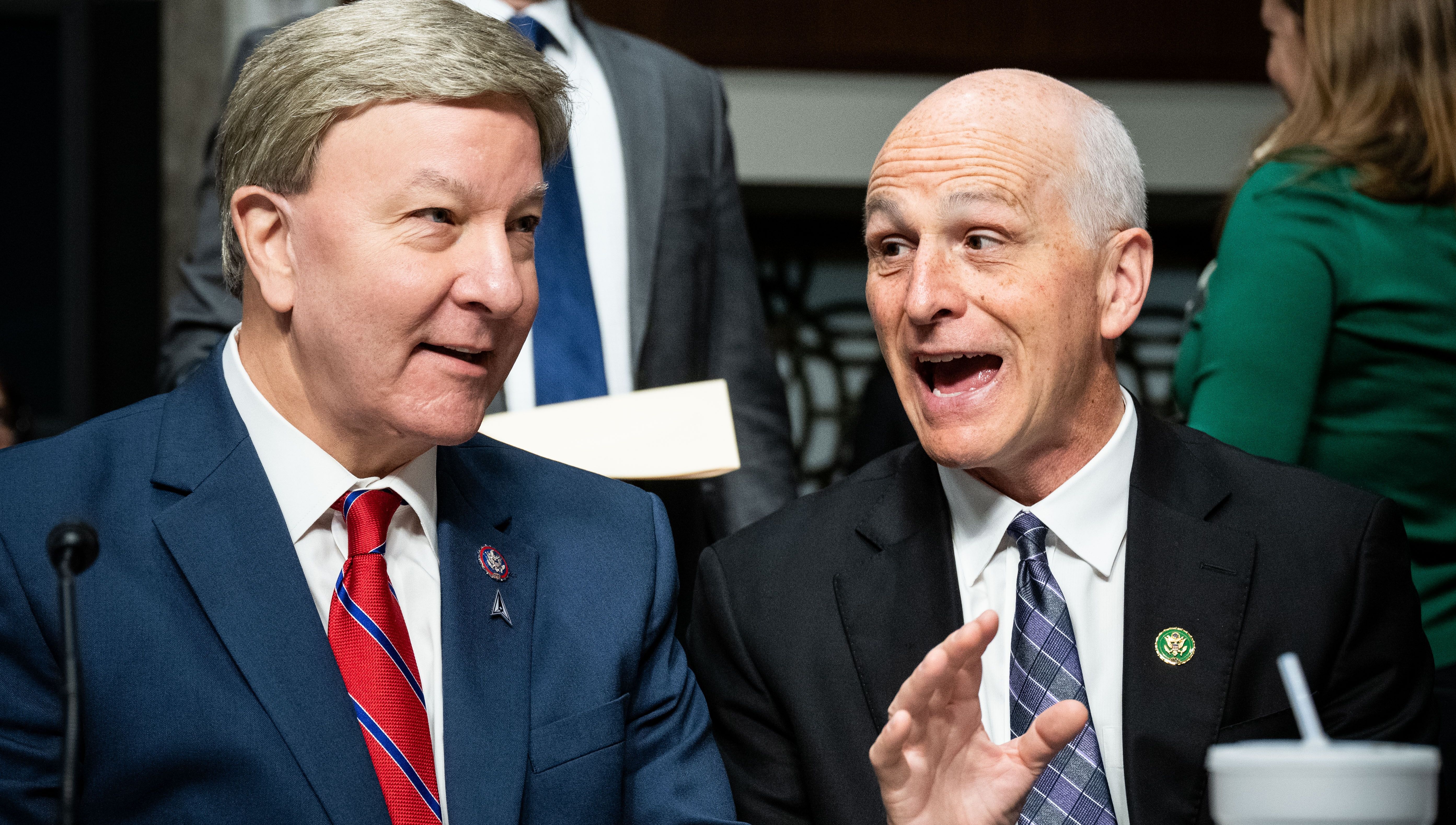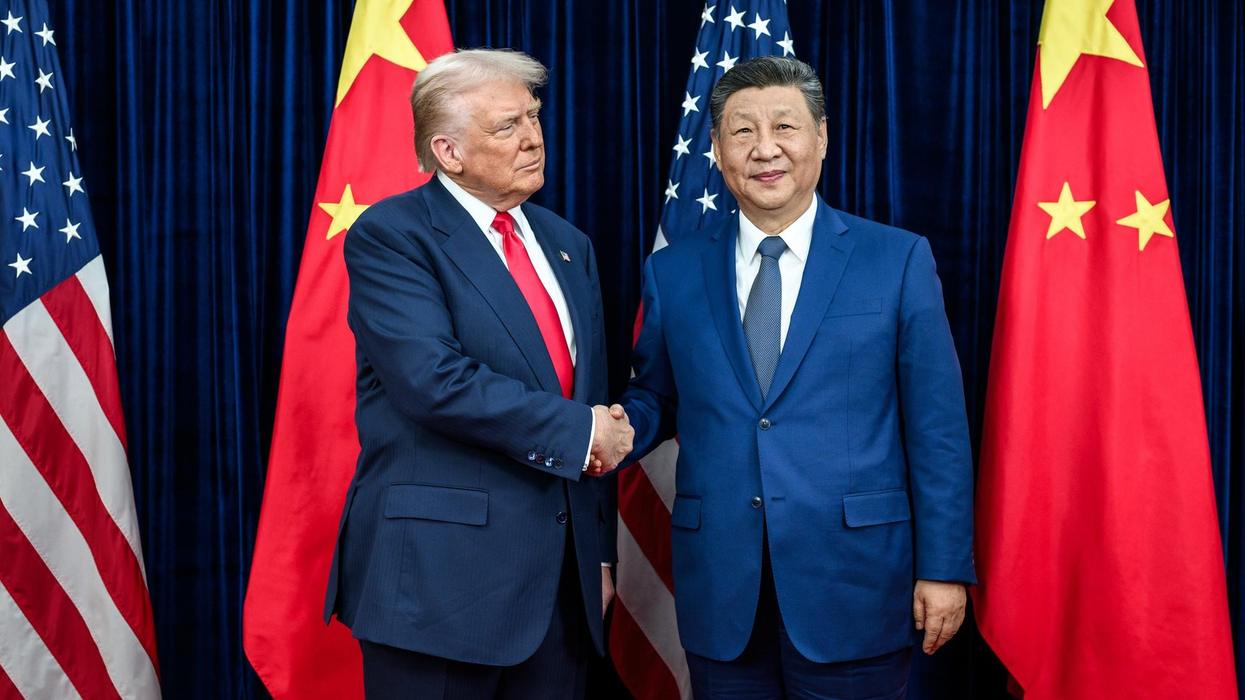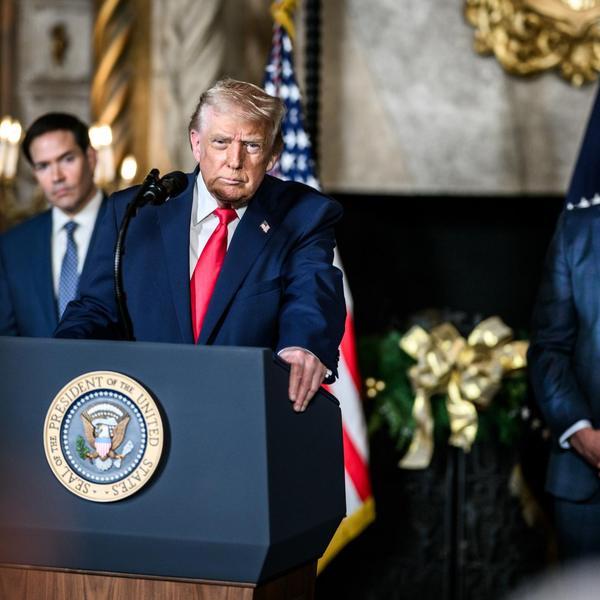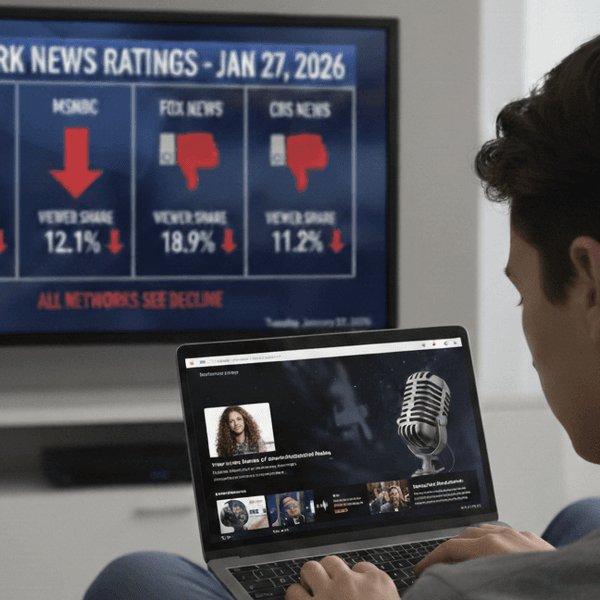Following the Senate’s lead, the House approved the annual National Defense Authorization Act (NDAA) on Friday, thereby authorizing $886 billion in military spending for fiscal year (FY) 2024.
By comparison, the FY2021 iteration of the bill — the last NDAA under Trump — authorized $740 billion. While Trump had managed to spike annual military spending by an incredible 20 percent in four years, Biden just accomplished the same feat in three. (Another $62 billion in Pentagon funding is included in Biden’s foreign aid bill, which is still being debated in Congress.)
This is undoubtedly good news for the arms industry. Over the last decade, 55 percent of U.S. military spending went to military contractors, and there’s no reason to expect contractors’ share of the $886 billion budget for FY2024 to be much (if any) different.
The annual military budget is the lifeblood for the arms industry, their golden goose. This is especially the case for the largest military contractors. For example, Lockheed Martin — the largest federal contractor, military or otherwise — derived 72 percent of its revenue from government contracts last year.
To ensure a continuation of Pentagon largesse, weapons companies reinvest a portion of their state-subsidized profits back into the political system. The arms industry bankrolls influential think tanks, retains more lobbyists than Congress has elected officials, and spends tens of millions of dollars on political campaign contributions every year.
Campaign cash in particular is associated with “buying influence,” a practice top recipients in Congress typically deny exists, insisting the corporate checks stuffed in their suit pocket have no impact on how they vote. The data suggest otherwise. I compared the recent House and Senate NDAA votes with the political donations each representative and senator received from the arms industry so far this election cycle.
On average, House members who voted to authorize $886 billion in military spending took four times more money from military contractors than members who voted against the bill. Senators who supported the NDAA took five times more arms industry cash than the senators who opposed it.
Military contractor cash certainly helps to smooth out partisan differences on the NDAA. However, the average disparity in takings between “yea” and “nay” votes was slightly more pronounced among Democrats. House Republicans who supported the $886 billion bill took five times more money from military contractors than Republicans who opposed the measure, and House Democrats who voted for it took seven times more than their Democratic colleagues. In the Senate, Republicans who voted for the NDAA took five times more than their caucus peers, and Democrats who supported it took six times more than other Democrats.
Almost every elected official in Congress takes money from military contractors, but these firms don’t take a spray-and-pray approach to political giving. Rather, they target the people with the most influence over the size and scope of Pentagon contracts. The House and Senate Armed Services Committees have the most control over what military policies make it into the NDAA and how much funding is authorized for each one. Little wonder, then, that seven of the top ten House recipients of arms industry money so far this election cycle sit on that committee. In the Senate, six out of the top ten recipients do.
The top earner of military contractor cash so far in the 2024 Senate election cycle is Jack Reed (D-R.I.), who has raked in more than $590,000 in campaign and PAC contributions from military contractors. Senator Reed is chair of the Senate Armed Services Committee. Coming in second is Ranking Member of the Senate Armed Services Committee, Roger Wicker (R-Miss.). Senator Wicker has accepted more than $534,000 in political donations from the military industry this election cycle.
Out of the 428 representatives who cast votes on the FY2024 NDAA, chair of the House Armed Services Committee, Mike Rogers (R-Ala.), received the second most from military contractors (behind Rep. Ken Calvert (R-Calif.), chair of the Defense Appropriations Subcommittee), hauling in over $355,000 so far this year. Ranking Member Adam Smith (D-Wash.) ranks fourth (just behind Rogers’ vice chair, Rob Wittman (R-Va.), collecting more than $151,000 from the arms industry.
The stark correlation between money and votes on the FY2024 NDAA isn’t an anomaly. A similar relationship exists on every NDAA vote since Biden entered office, during which time the amount authorized by the annual bill has grown by $146 billion. Congress overwhelmingly approved yearly hikes in military spending despite there never being more than 1 in 5 Americans interested in doing so, according to Eurasia Group surveys from 2021, 2022, and 2023. More than twice as many people want the Pentagon budget to shrink than want it to expand.
This disconnect between popular sentiments and elite behavior clarifies the role of arms industry donations. Military contractors aren’t just asking politicians for votes, they’re asking them to reject public opinion. Too many in Congress are happy to oblige.
















